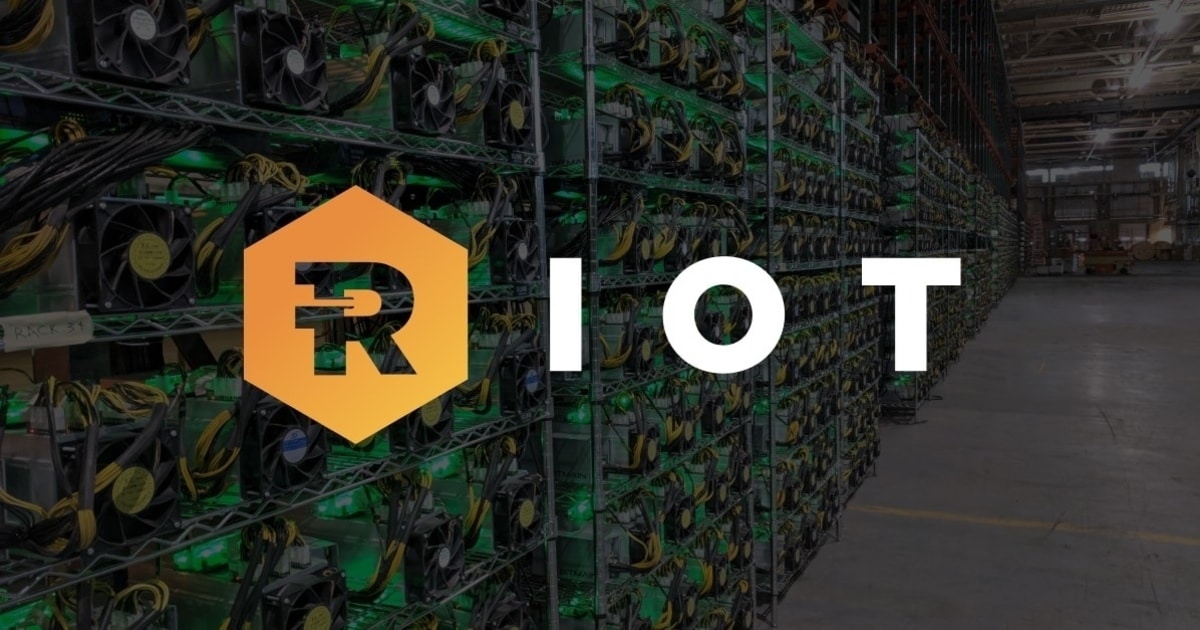Biden’s SEC Attacks Crypto Giants: SEC Targets Uniswap, Kraken, and More!

The post Biden’s SEC Attacks Crypto Giants: SEC Targets Uniswap, Kraken, and More! appeared first on Coinpedia Fintech News
The U.S. SEC, led by Gary Gensler, has recently alleged that prominent DeFi projects like Lido and Rocketpool qualify as securities. This move adds to a growing list of legal actions against major crypto entities, including Uniswap, Kraken, Coinbase, Metamask, and Robinhood. Lido DAO (LDO) and Rocket Pool (RPL) saw sharp prices decline on Friday, with LDO down 15% and RPL down 10%, as the market responds to new regulatory challenges facing staking services.
SEC’s Securities Playbook
The SEC has filed a complaint against ConsenSys for allegedly engaging in the unregistered offer and sale of securities. Since January 2023, ConsenSys has reportedly facilitated the sale of unregistered securities for Lido and Rocket Pool, which offer liquid staking tokens like stETH and rETH. These tokens, unlike traditional staked assets, can be freely traded and used. The SEC claims that ConsenSys is unlawfully acting as a broker for these transactions and failing to register as required by law.
But still, neither Lido nor Rocket Pool has filed a registration statement with the Commission for the offer and sale of these investment Contracts.
ConsenSys Response
ConsenSys reacted to the SEC’s allegations by accusing the agency of an anti-crypto agenda and regulatory overreach, calling the latest charges a continuation of its unfair enforcement actions against the crypto industry.
Expert Insight
Calling it a crypto attack, Ryan Sean Adams, a crypto investor and expert argues that these regulatory measures are part of a broader, systematic attempt to kill the cryptocurrency industry, which is popular among U.S. crypto users. He believes that Gensler’s aggressive stance could harm these beloved projects and potentially stifle the growth of the crypto sector.
According to Ryan, these regulatory actions are driven by political parties. He claims that Gensler’s approach might alienate marginal voters and negatively impact President Biden’s chances of re-election. He further suggests that Biden is not directly managing these policies, but rather, they reflect a larger agenda of control and expansion by the administrative state.
Missed Opportunities
Ryan also contends that there was a chance for Democrats to adopt a more favorable stance on cryptocurrency earlier in the year, but that opportunity has now been lost.
SEC Lawsuit Targets Staking Services
The SEC’s lawsuit against ConsenSys is part of a broader crackdown on staking services in the cryptocurrency industry. Earlier this year, in February, the SEC successfully sued Kraken, leading the exchange to settle for $30 million and shut down its staking services for U.S. clients.
This recent legal action against ConsenSys extends the SEC’s ongoing efforts to regulate and enforce rules on staking platforms.
What do you think? Is this a power grab or just regulation?
Also Read: Ripple vs SEC: Judge Amy Berman Jackson Upholds Ripple XRP Ruling in Binance vs. SEC Case



